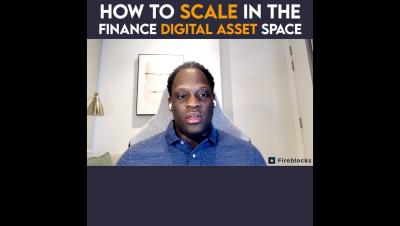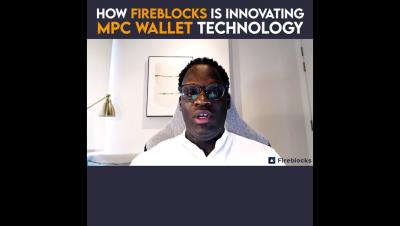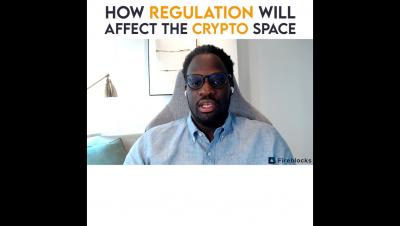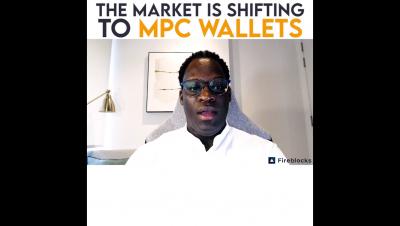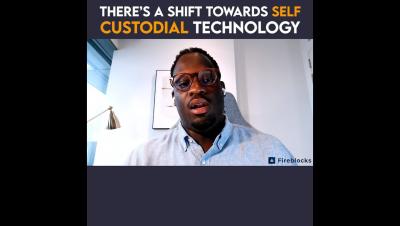How Businesses Can Scale in the Financial Digital Asset Space
Manual operations limit the scaling of a digital asset business. Fireblocks Head of APAC & Vice President, Product Strategy and Business Solutions, Stephen Richardson, shares how over 1,200 institutions have leveraged Fireblocks to efficiently scale their crypto and digital asset businesses.


